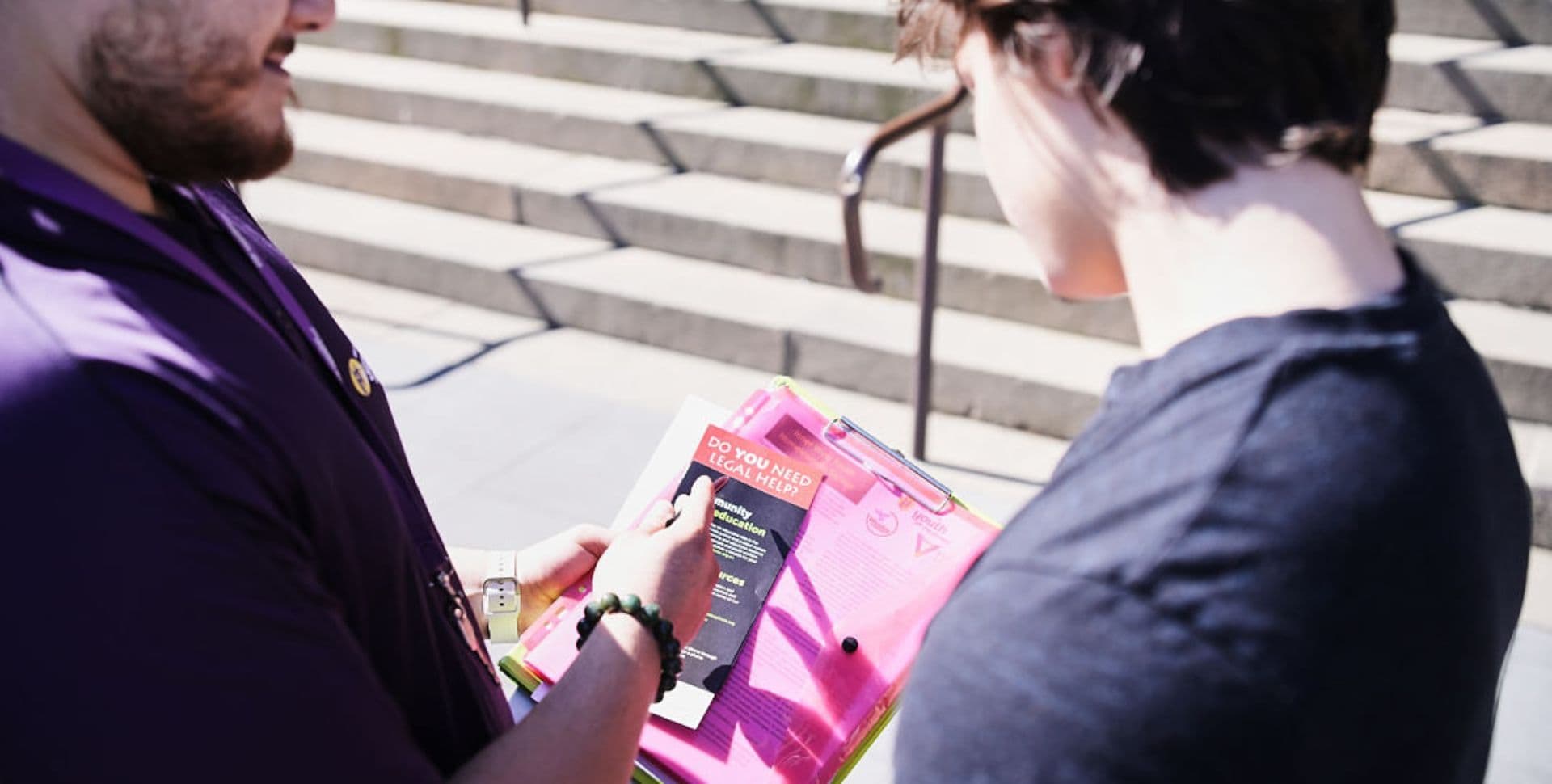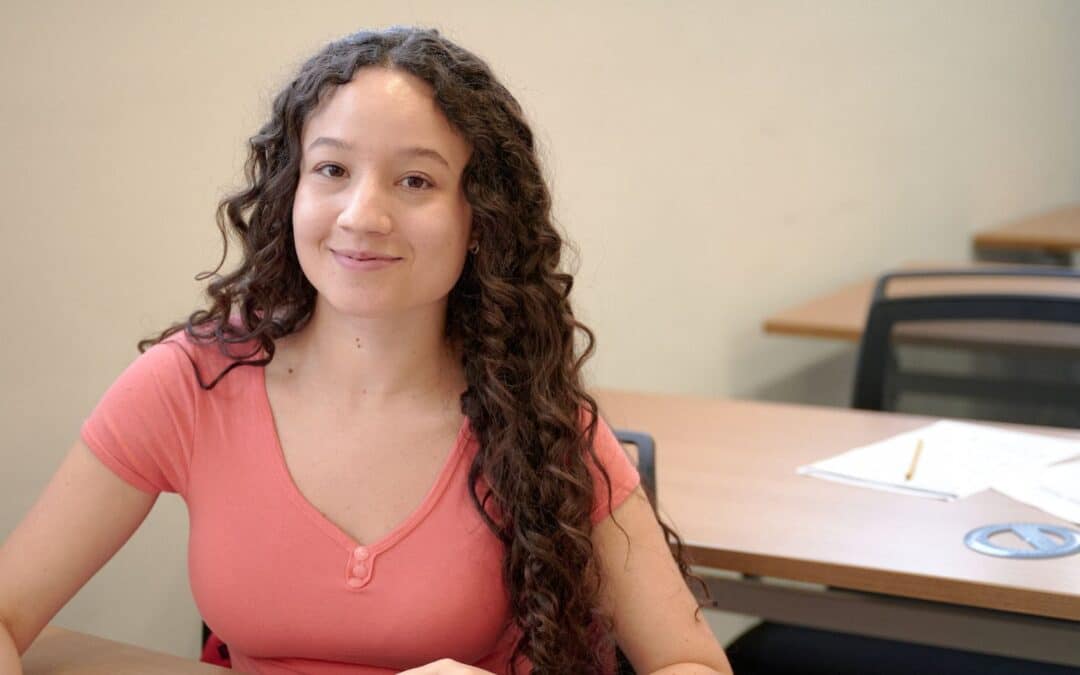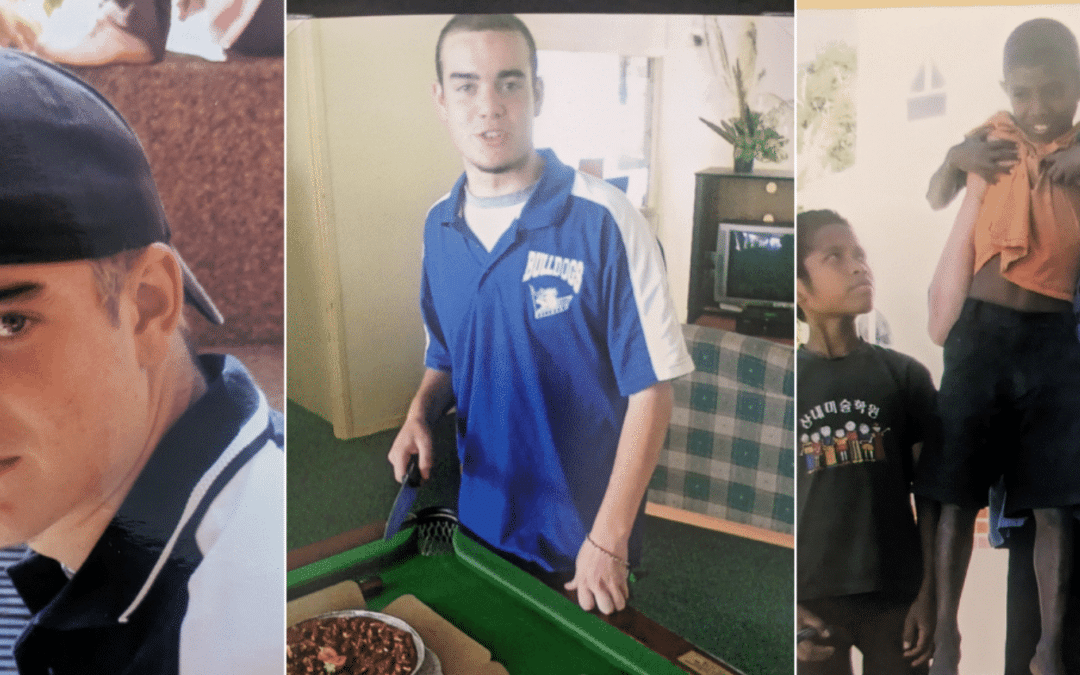According to the Victorian Government, young people from culturally and linguistically diverse (CALD) backgrounds are overrepresented in the youth justice system.
The key risk factors for these young people include diverse customs, beliefs and histories of trauma – factors often overlooked or misunderstood by law enforcement.
Without culturally responsive, trauma-informed support, CALD young people are more likely to come into contact with the youth justice system and miss out on crucial services that can help them avoid youth offending.
The story of 17-year-old Yousef*, a young person supported by Youth Off The Streets, demonstrates the urgent need for change.
Yousef was born in Iraq. As political and religious tensions escalated, he often feared for his life.
“Eventually, terrorists invaded my hometown and I wasn’t able to get away in time,” Yousef recalls. He witnessed children being murdered, which continues to haunt him over a decade later.
At 14, Yousef and his family sought refuge in Australia. The lingering trauma and language barrier made the transition difficult and tensions at home escalated into physical abuse.
“My father slapped my sister, Nour*, and left bruises on her face. She was thirteen at the time,” he remembers.
Police were called and Nour phoned Yousef in a panic – saying that she had been thrown out of the house by their father for attracting the authorities’ attention.
“I picked her up and took her back home, but my father pushed her on the floor. He was so angry,” Yousef says. He stepped in to defend Nour, and in the chaos, his father’s car was damaged.
Yousef’s then-undiagnosed post-traumatic stress disorder (PTSD) played a major role in the incident. His actions were partly triggered by Nour’s screams, which brought back memories of the horrors he witnessed in Iraq and activated his fight response.
Between 10–19% of young detainees are estimated to have PTSD, compared to 3.7% of boys outside the youth justice system. Yousef soon became part of this statistic when he was arrested for property damage and taken to juvenile detention by officers who were unaware of his personal history.
“I didn’t speak English, so I couldn’t tell them what was going on,” Yousef says, highlighting the lack of cultural understanding that contributes to the disproportionate detention of CALD youth.
Without an interpreter, Yousef couldn’t articulate his mental health issues or his decision to act in self-defence against his father. As a result, he received a three-month sentence, while his father received the lesser punishment of an Apprehended Violence Order (AVO).
Fatina Elabd, Team Leader – Engagement and Support, runs a program in detention facilities called Aspire to Inspire, designed in collaboration with young people in custody to workshop important issues and life skills. The program also aims to reduce the chance of reoffending by providing a smooth transition back into the community when young people exit custody.
“We provide workshops on knowing their rights, future planning, anger management, mental health and healthy relationships,” Fatina explains. “Another important one is cultural identity, so they can learn about their culture and understand their roots.”
Fortunately, during his time in custody, Yousef was connected with a psychologist and a Youth Off The Streets caseworker. They helped him understand the trauma, anxiety and anger he’d been carrying since his childhood in Iraq, which had impacted his brain development and emotional regulation. Yousef was also prescribed medication to help with his PTSD-related night terrors.
While the therapeutic intervention Yousef received in detention was crucial, he has struggled to escape the stigma of having an assault charge on his record.
“My school started treating me like I was a criminal,” Yousef says. “I was only allowed to go for one hour a day, from 10am to 11am, for the ‘safety of the other students’.
“I was told to go to a new school, but because I was 16 and my English wasn’t great, the new school wouldn’t take me. They told me to get a job or go to TAFE – and that broke me.”
Fatina says that one of the biggest gaps our team has identified in the youth justice system is support around post release.
“Once they’ve been released, many young people are left with no support,” she explains. “Being in custody, it’s almost like time stops for those young people. They can experience social isolation.
“The transition program is our last workshop before we head into graduation. We do an analysis with them to see if they have family, where they’re going to be staying and if they have connections within their communities. This helps them re-integrate back into society and achieve their goals.”
Yousef once dreamed of becoming a lawyer. But now, unable to access higher education, he works as a removalist, doing tough, back-breaking work every day. He’s not at all surprised that almost 2 in 3 young people reoffend after leaving youth detention.
“I want to tell people in positions of power that not everyone who does something wrong should go to jail,” Yousef says.
“What they did might not even have been that bad, and jail might break them. They get used to being inside. So every time they get out, they get in fights and end up going back again. That’s no good at all.”
*Names have been changed to protect the privacy of the young people.



